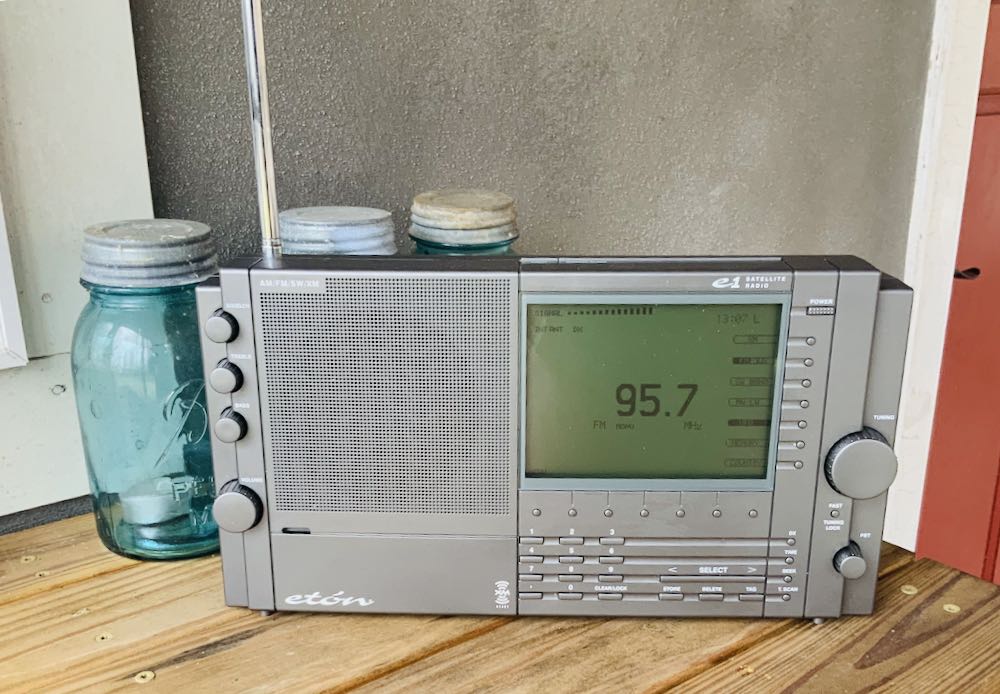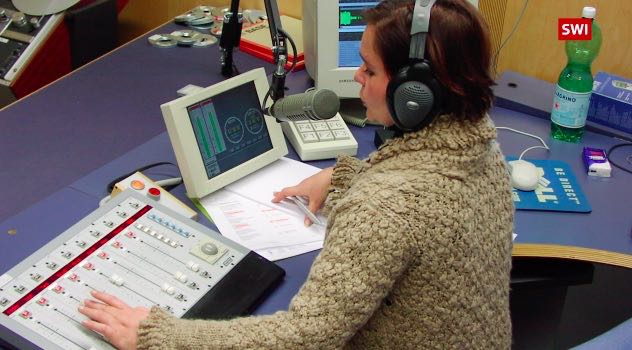Radio Waves: Stories Making Waves in the World of Radio
Welcome to the SWLing Post’s Radio Waves, a collection of links to interesting stories making waves in the world of radio. Enjoy!
Many thanks to SWLing Post contributors Paul and Dennis Dura for the following tips:
Switzerland to end 2024 with an analog FM broadcast-killing bang (The Register)
Time to upgrade that receiver if you’re one of the few Swiss that still don’t have one able to receive DAB+ signals
Swiss radio listeners will soon have to toss out their old sets, as the country plans to end analog FM broadcasting on December 31, 2024, in favor of a total conversion to digital.
The move has been a long time coming in Switzerland, which has largely already transitioned to Digital Audio Broadcasting (DAB+, an evolution of standard DAB that was designed to address early issues). More than 99 percent of the country have access to a DAB+-compatible receiver and fewer than 10 percent of radio signals in the country still being broadcasted in analog FM, according to the Swiss Broadcasting Corporation. [Continue reading…]
AM Radio for Every Vehicle Act to Receive Minor Technical Update (Radio World)
There will be no substantive changes to the legislation
A bill in the House of Representatives that would mandate AM capability in new vehicles is about to be revised, according to a person familiar with the developments.
New information indicates that one of the original co-sponsors of the bill, Rep. Frank Pallone (D-N.J.), plans to introduce an amendment to the bill (H.R. 8449). Changes would only include minor technical updates.
The planned amendment to the AM Radio for Every Vehicle Act comes on the heels of last week’s last-minute cancellation of a planned vote by the House Energy and Commerce Committee, which could have advanced the legislation to the full House for a vote. [Continue reading…]
Would AM Mandate Force Carmakers to Scrap Safety Features?
Opponents play up the possibility that carmakers would have to choose
If Congress requires AM radio in new cars, vehicle manufacturers might have to drop safety features instead.
That’s the message from opponents of the proposed law in Congress. A guest commentary published by Automotive News restates the key points that opponents have been making since the legislation was introduced; but their blunt emphasis on a possible tradeoff with important safety features seems notable.
“To accommodate analog AM radio as a primary design requirement, certain carmakers may need to scrap advanced safety features, with engineers having to prioritize outdated technology over current or future safety innovations,” they wrote. [Continue reading…]
Did you know that 100 years ago there were electromechanical radio transmitters?
Many thanks to Paul who shared a link to this Mastodon thread discussing the technology behind the SAQ/Grimeton broadcast station: https://mastodon.social/@tubetime/110970146022678448
Here’s is a video (we’ve posted in the past) that gives even more detail about the design and operation:
Do you enjoy the SWLing Post?
Please consider supporting us via Patreon or our Coffee Fund!
Your support makes articles like this one possible. Thank you!









